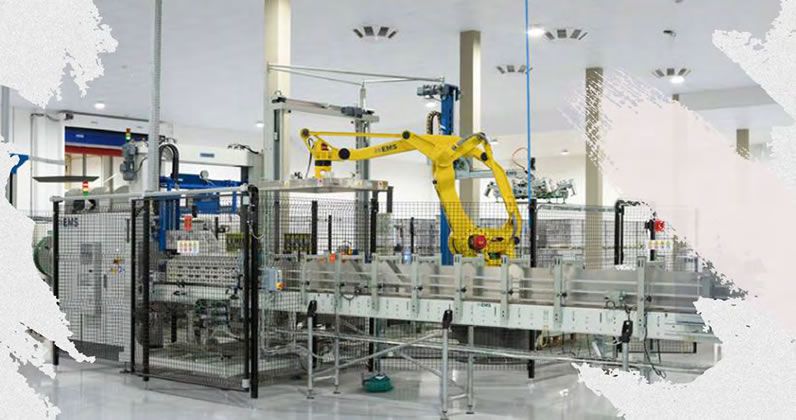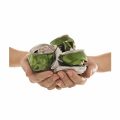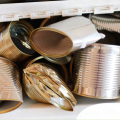Consumer awareness is growing. The need to think about the environment, leads consumers to decide for one type of packaging or another. And it is metal packaging, which is infinitely recyclable and one of the most environmentally friendly, that companies are seriously thinking of putting aside plastic packaging. It is not only awareness but also a series of measures that governments and companies are taking to reduce the amount of plastic that is ending up in landfills.
JBS, a Brazilian multinational food company, knows this and at the end of April, it inaugurated its new can manufacturing unit in Guaiçara, in the interior of São Paulo, as part of the global ESG (acronym that stands for environmental, social and governance practices) trend, of which it is a part. The company is the largest manufacturer of such containers in the country, capable of producing one billion containers a year.
“There is a movement, especially among younger people, to prefer glass or metal containers, which are more easily recycled,” Marcelo Jorcovix, director of Zempack, the JBS business unit responsible for the can operation, said recently. And companies know this. This is why ESG has become so relevant that, in the last three years, the United States, for example, has seen a fourfold increase in investments in ESG-compliant company funds.
Zempack is working with JBS Environmental, the group’s circular economy arm, on a reverse logistics system that reinserts surplus materials back into the chain through the steel mills. It also participates in Prolata, an initiative of the Brazilian Association of Steel Containers that manages collection centers for metal containers through cooperatives or end consumers.
In Guaiçara, aerosol containers, used in deodorants, for example, will be manufactured. However, the uses of metal packaging are diversifying. “Even canned biscuits are making a comeback,” says the executive. “It’s a market that already reaches 4 billion containers a year.”















